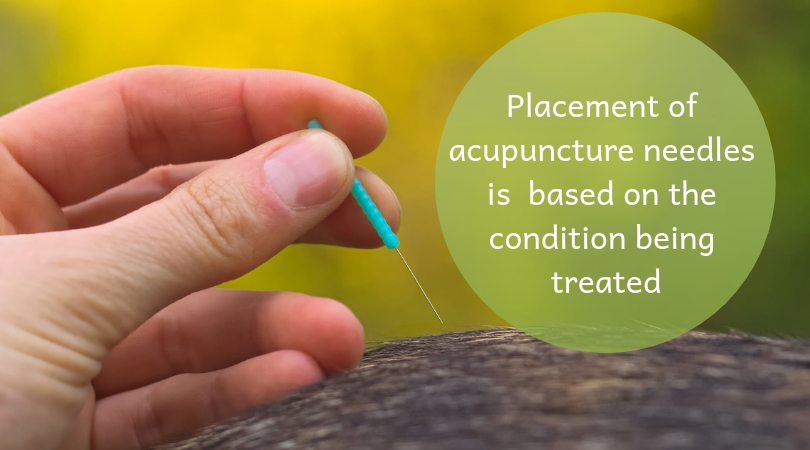Acupuncture is a popular pain relief method used by millions of people. You may be familiar with it as a component of Traditional Chinese Medicine. Like the name implies, Traditional Chinese Medicine is a series of healing modalities that originated in China with roots that pre-date modern Western medicine.
One of those modalities is acupuncture. You may know that it involves a series of tiny needles inserted into the tip of the skin. The basis of this practice is the belief that pain or sickness is caused by blocked “chi”--or life force -- that flows along meridians in the body. By inserting needles into specific points on the body, the blockage is released allowing the body to heal itself.
Think of it like a stopped up sink. When the plumber uses a plunger to unclog the drain, the water flows again. The needles are a gentler version of unclogging the “pipes” so the energy can flow through your pet’s body again.
Traditional Western Medicine has a similar view in that there are concentrations of nerve endings capable of releasing natural pain-relieving substances when triggered.
Can Your Dog Be Helped with Veterinary Acupuncture?
No modality is right for every animal. But a veterinarian trained in Traditional Chinese Veterinary Medicine can evaluate your dog and make a recommendation based on the condition of your pet.
Many dogs with chronic pain, such as arthritis or hip dysplasia, can benefit from veterinary acupuncture. Other conditions that may improve with acupuncture include asthma, epilepsy, or other neurological systems.
How Does Acupuncture Work?
A specially-trained veterinarian will insert the needles into specific areas known to have high concentrations of nerve endings. The placement of the needles is also based on the condition being treated since different areas affect different parts of the body.

Once the veterinarian has determined the best placement for your dog, the needles go in with a quick pinprick. During treatment, your pet can relax for 15 minutes or up to an hour. Your dog may even fall asleep as acupuncture treatments can be highly relaxing.
After treatment, each dog’s response is a little different. Your pet may feel immediate relief, or effects may take a couple of days to show. Your dog may feel especially sleepy and want to rest. That’s a natural response and allows the body time to heal itself.
One big benefit of acupuncture is that it increases the circulation throughout the body and releases naturally occurring pain-relieving hormones without drugs or surgery.
How Many Acupuncture Sessions Will Your Dog Need?
It depends on your pet. The veterinarian will work out a customized treatment plan for your dog. For example, this may begin with one to three sessions for a week or two, and then a reevaluation of your dog’s condition may lead to recommendation adjustments.
The doctor may also suggest combining acupuncture with supplements, acupressure (pressure on the same points instead of needles), or laser therapy. Laser therapy is the use of lasers on the acupressure points rather than needles. This may be a good option if your pet won’t tolerate needles.
Depending on your pet’s condition, acupuncture may be used in conjunction with traditional Western medicine such as antibiotics. Every treatment is customized to your pet.
If your dog is experiencing pain, book your appointment today to see if acupuncture is right for him.

